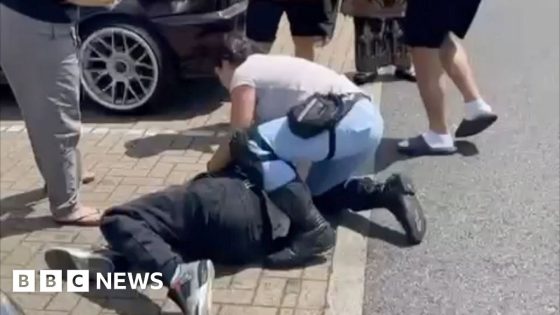George Christie can recall the moment he decided to exit the Hells Angels.
“I walked into the outlaw motorcycle life because it was a live and let live society,” the former club leader told Fox News Digital. “A lot of things had changed. I walked into the meeting, and I told everybody what I was going to do. It was a very difficult decision. I said we have become the people we rebel against, and I’m walking away. It’s time for me to move on.”
“I thought, foolishly, that I would be able to walk away because of my position in the club and the 40 years I had given to them,” Christie admitted. “But the bottom line is you’re either in or you’re out.”
FORMER UNDERCOVER AGENT RECALLS INFILTRATING THE HELLS ANGELS: ‘A DANGEROUS GAME TO PLAY’
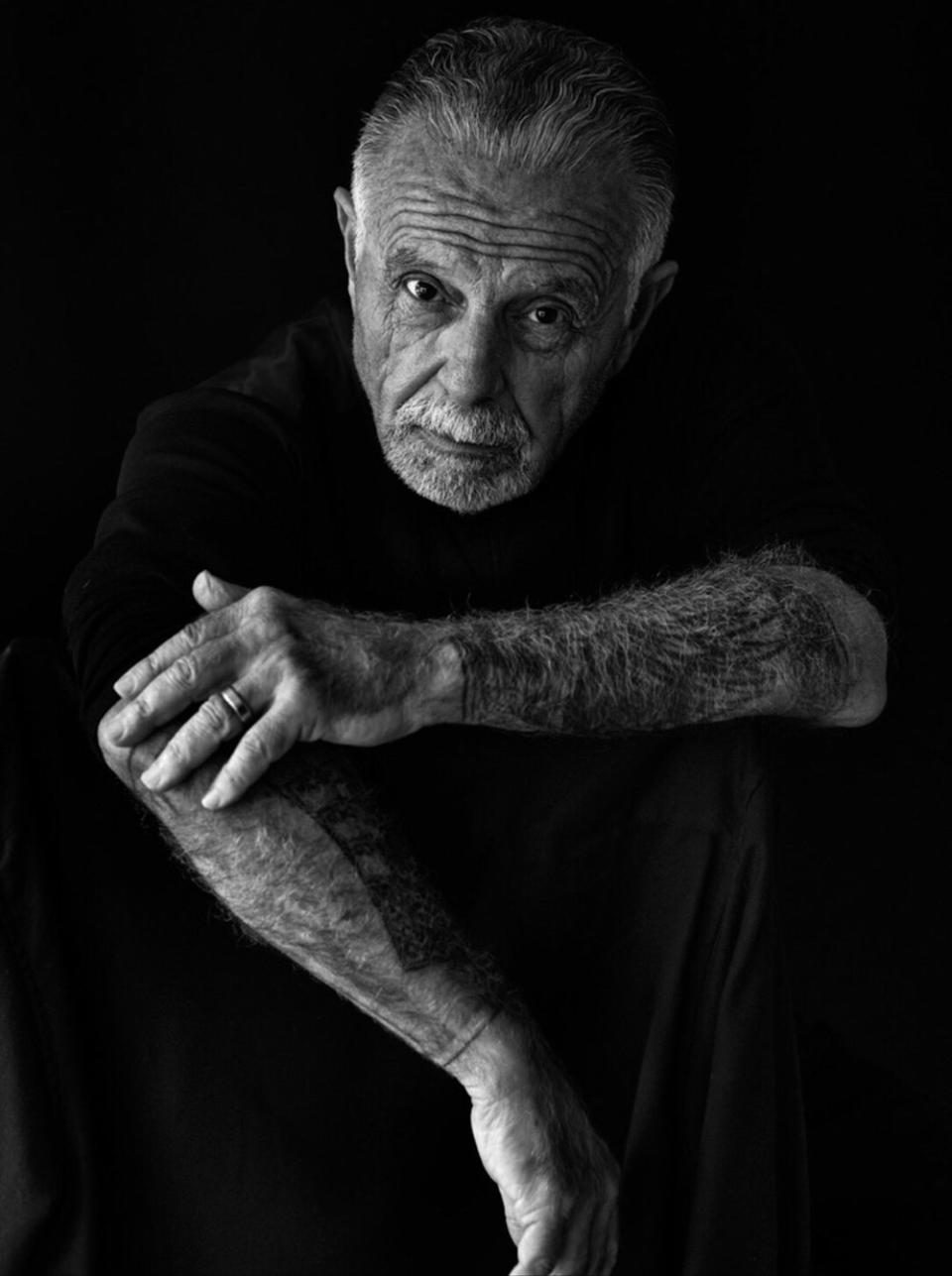
Christie is sharing his account in a new A&E series, “Secrets of The Hells Angels,” which examines the history of the notorious biker club. It features new interviews with former chapter presidents, as well as law enforcement officials, undercover agents and victims.
The 77-year-old resigned his presidency of the Ventura chapter and left the club in 2011. Christie said he became disillusioned by the club, which had transformed from a brotherhood to an all-out war, fighting every major outlaw bike club in the United States – as well as law enforcement.
According to Christie, he was immediately excommunicated by the men he once called brothers. Members were restricted from ever speaking to him again, he claimed.
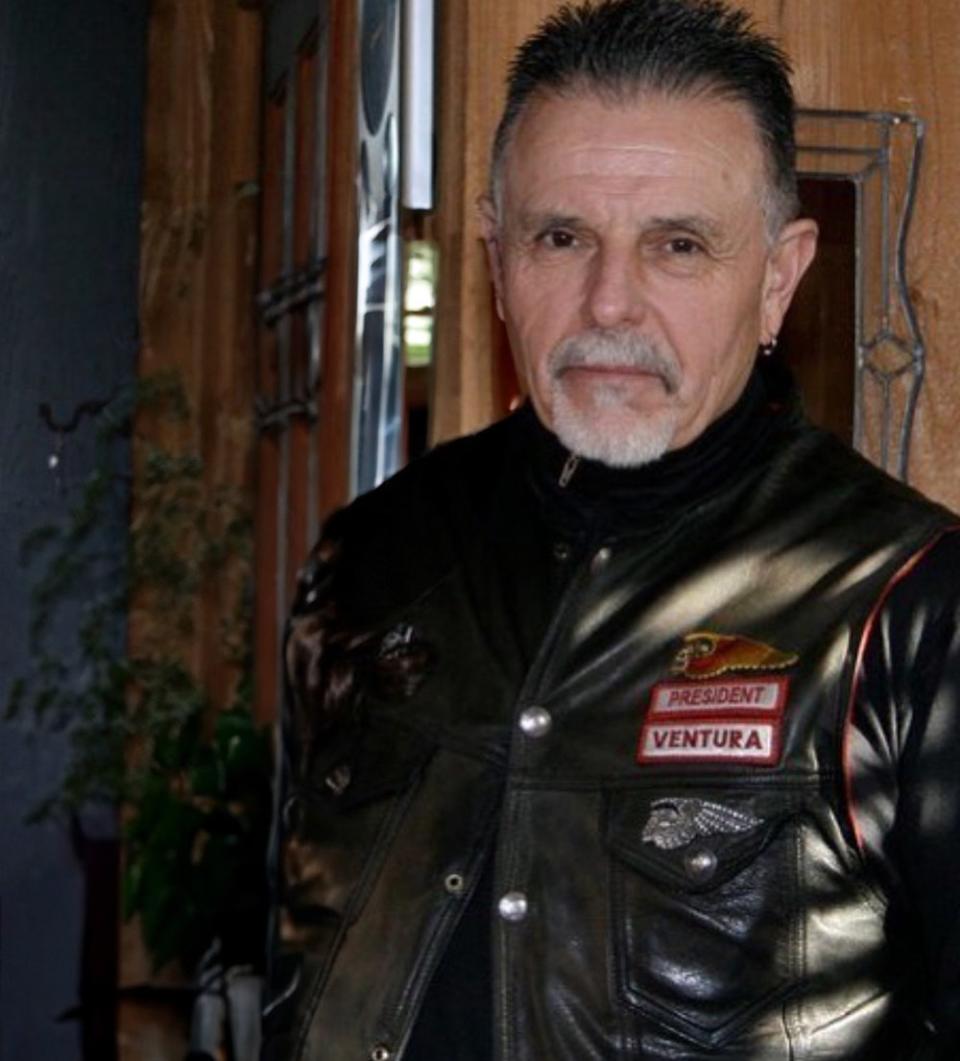

“I miss the camaraderie, the brotherhood,” Christie explained. “I miss the good times. I even miss the bad times. But I’m a realist. I don’t live in the hypothetical world. It is what it is. I gave them 40 years of my life. I walked away when I thought it was an appropriate time to do so. And I think I am where I’m supposed to be in life right now.”
The organization has a long history in California, dating to its founding in 1948 by returning World War II veterans in the dusty town of Fontana. It includes a notorious incident during a Rolling Stones show in Altamont in 1969 in which a spectator was stabbed by a Hells Angel working security. A jury later acquitted the killer, finding he had acted in self-defense.
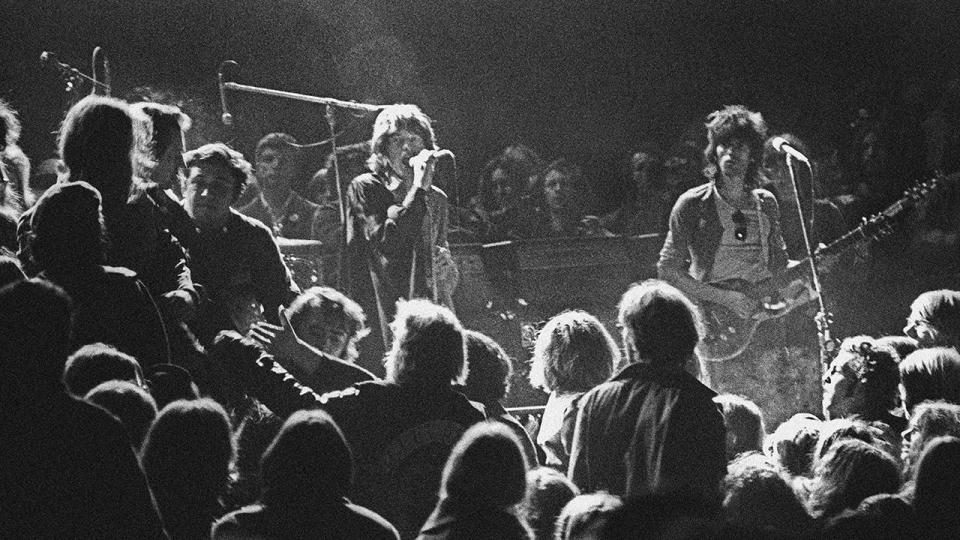

In 2011, the U.S. Department of Justice said the Hells Angels had as many as 2,500 members in 230 chapters in 26 countries. According to the FBI, the Hells Angels are still listed as an outlaw motorcycle gang involved in various criminal activities, including drug trafficking.
FOLLOW THE FOX TRUE CRIME TEAM ON X
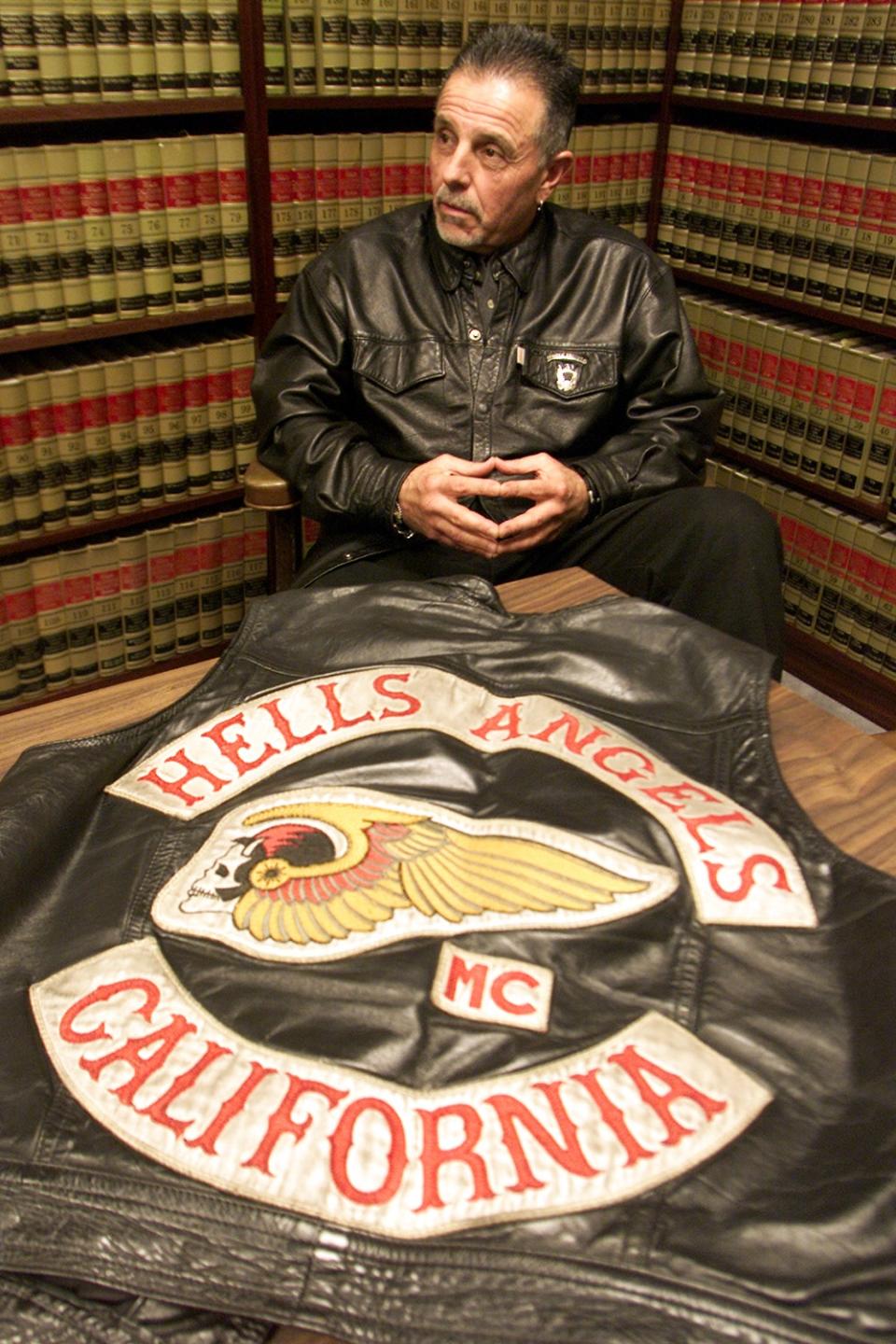

Federal, state and local police have pursued the club for decades, infiltrating it with undercover agents, prosecuting suspects with harsh charges once reserved for the Mafia and indicting members on charges ranging from drug trafficking to mortgage fraud.
Still, the club has flourished over the years. It has gone on to open chapters worldwide and aggressively enforce its trademarks in court. It has also won high-profile acquittals and other legal battles with law enforcement.
As an only child to a family of Greek immigrants in Ventura, Christie grew up fascinated with motorcycles. Despite his father’s objections, he bought his first bike, a 1957 Panhead, for $200 in 1966. He soon found himself hanging out at local clubs.
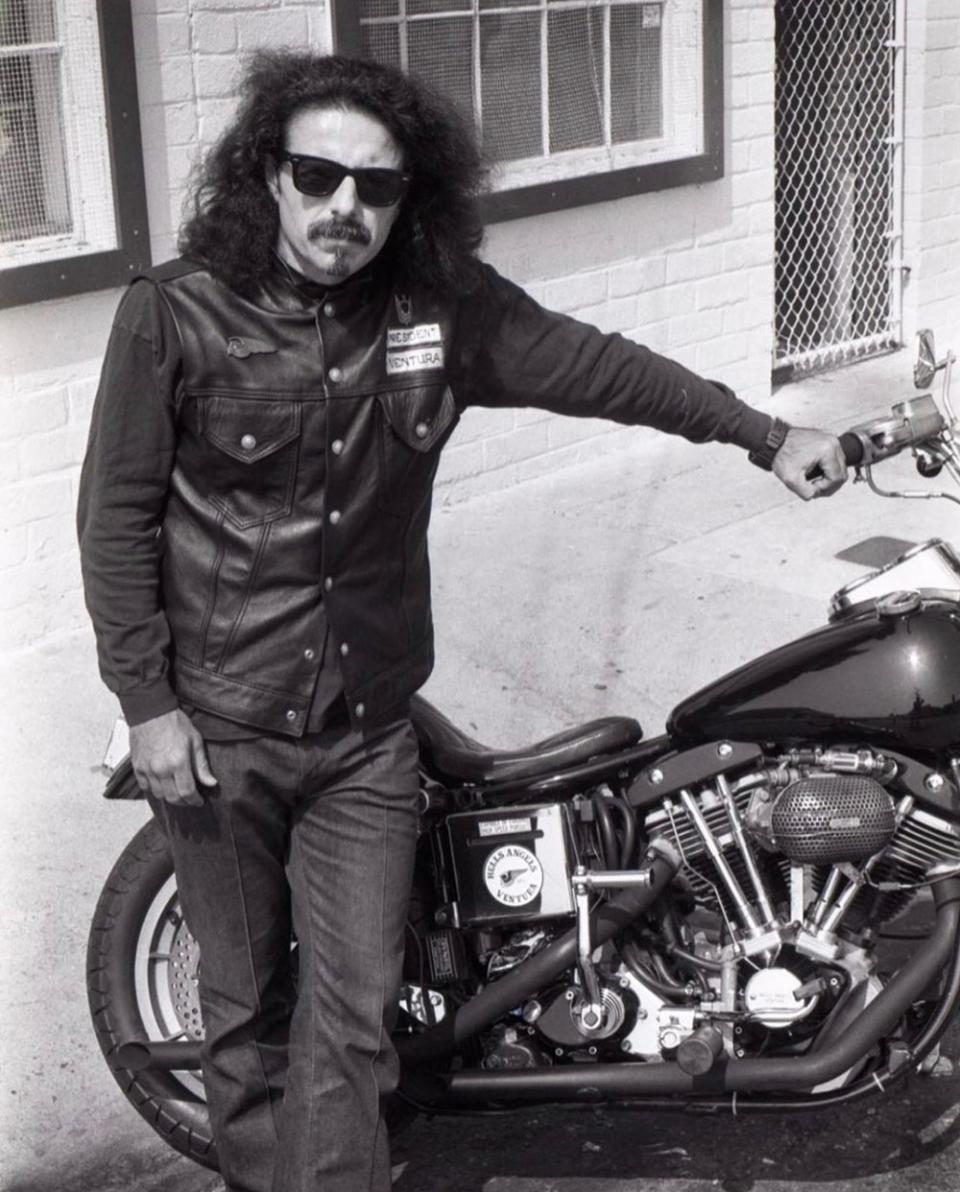

“I think America has a romance with outlaws – they always have, and they always will,” he explained. “As a young kid, I always identified with the outlaw guys. And when I got out of the Marine Corps, I was still looking for that camaraderie. I drifted into the outlaw motorcycle world and ultimately wound up riding with the Angels.”
Christie became a full-patch Hells Angel in the Los Angeles chapter in 1976. Six months later, he became president before becoming a club leader of the Ventura Chapter in 1978.
“What you have to do is make your presence known,” Christie explained about what it takes to join the Hells Angels. “Back in the ‘60s when I started, you had to build your custom motorcycle. It becomes an extension of your personality. If you had a cool-looking motorcycle, the majority of these guys would think you were probably a pretty cool guy. That’s how I established myself. My bike was an extension of myself. This may sound abstract to some people, but it was a work of art for me.”
SIGN UP TO GET THE TRUE CRIME NEWSLETTER
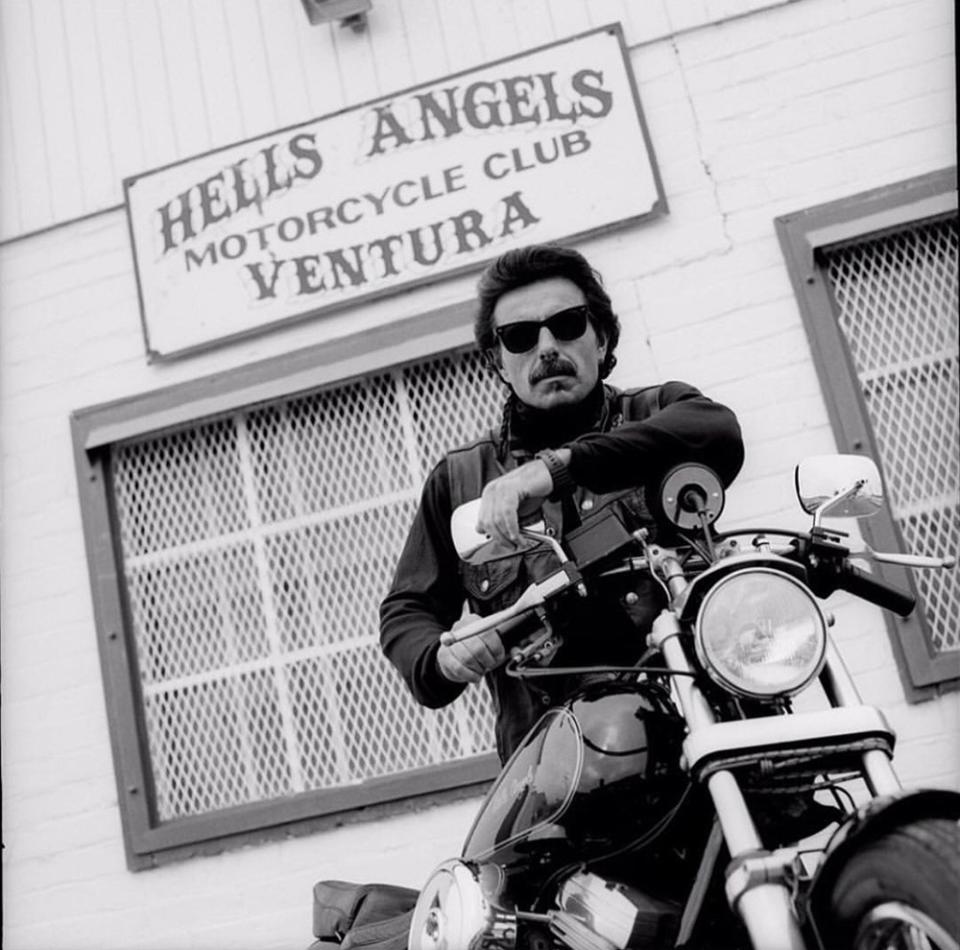

The Angels have always maintained that they are a club of motorcycle enthusiasts who are unfairly regarded as an organized crime syndicate because of the crimes of a few members acting independently. The club participates in charity events, such as “Toys for Tots,” motorcycle runs and blood drives.
“When we do right, nobody remembers,” the club’s website states. “When we do wrong, nobody forgets.”
In the early ‘80s, Christie became involved with the Hells Angels’ trademark committee, as well as communicating with the press.
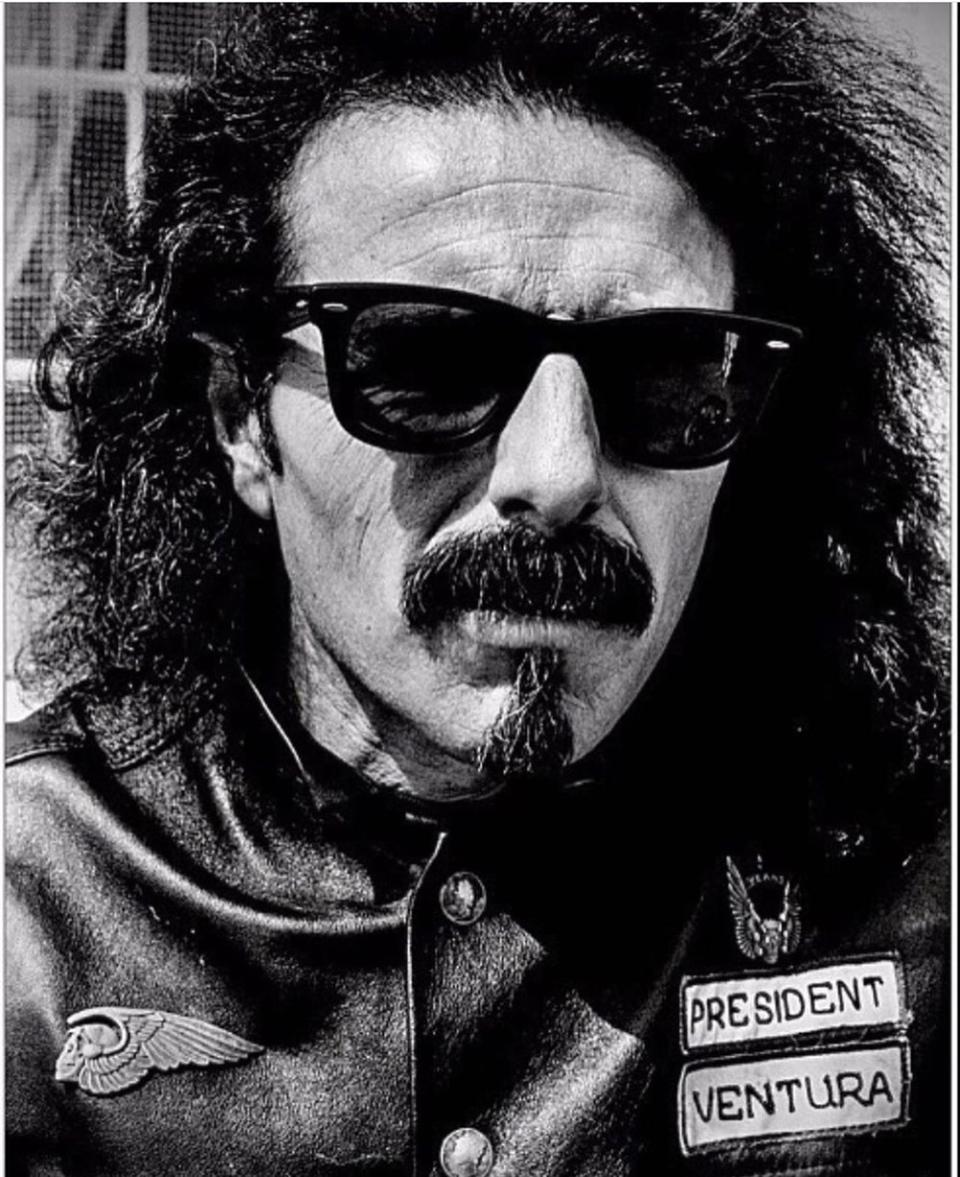

“We were vigorously protecting our name and our logo,” he said. “. . . It taught me the importance of protecting your brand, your image, especially when it comes to the media. . . . If a false story was put out there, you had to respond to it. So I made contacts in the media with the Los Angeles Times, The New York Times and local papers. We were trying to protect our image. The police were trying to tarnish it.”
“The federal government and law enforcement would like you to believe that the Hells Angels are a criminal organization,” Christie continued. “It’s not. It’s an organization with criminals in it, like Congress, the Senate . . . I could go on and on with different people breaking laws. But as an organization, the Hells Angels are not a criminal organization.
“The patch is similar to a flag. You don’t want it desecrated, you don’t want it disrespected. When people fly it, when people wear it, when they ride their motorcycles, they do it proudly. They defend it. It is the soul of the club. It is the soul of the member. It has to be protected at all times. You protect it with your life.”
GET REAL-TIME UPDATES DIRECTLY ON THE TRUE CRIME HUB
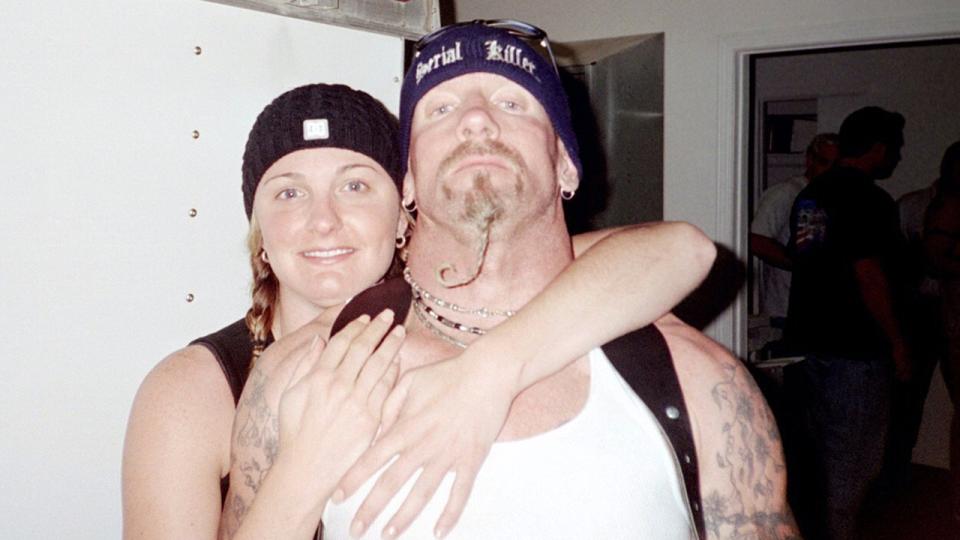

The first episode of “Secrets of the Hells Angels” detailed how undercover agent Jay Dobyns infiltrated the Hells Angels in Arizona. Christie said it was common to question who was “a true brother.”
“You always have doubts,” said Christie. “If you look at somebody, and you can’t really trace their history back very far, you have to ask yourself, ‘Is this guy involved with the FBI? The ATF?’”
In 1997, the Ventura District Attorney launched an investigation. Christie was arrested in 2001 with a 59-count indictment. He spent a year in solitary confinement before he was offered a plea bargain for time served.
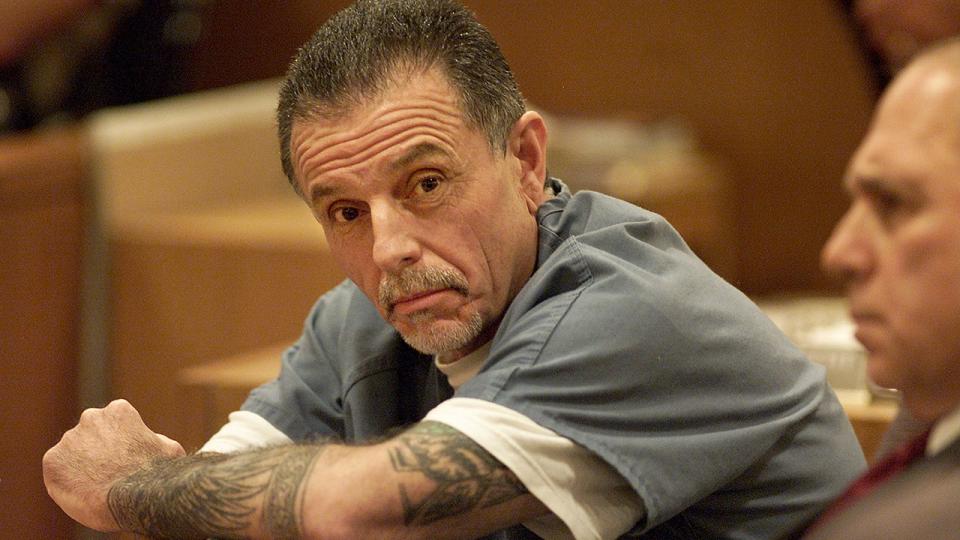

Weeks after Christie resigned his presidency, he said the feds “wasted no time” swinging back with an indictment for a 2006 conspiracy to firebomb two Ventura tattoo shops. Christie explained in court that he had never directed anyone to burn down the two shops but would accept responsibility for “poor leadership.”
After two years on house arrest recovering from a double hip replacement, Christie spent the following year in a Texas federal prison. He was released from custody in 2014.
“I don’t miss going to prison,” Christie chuckled.
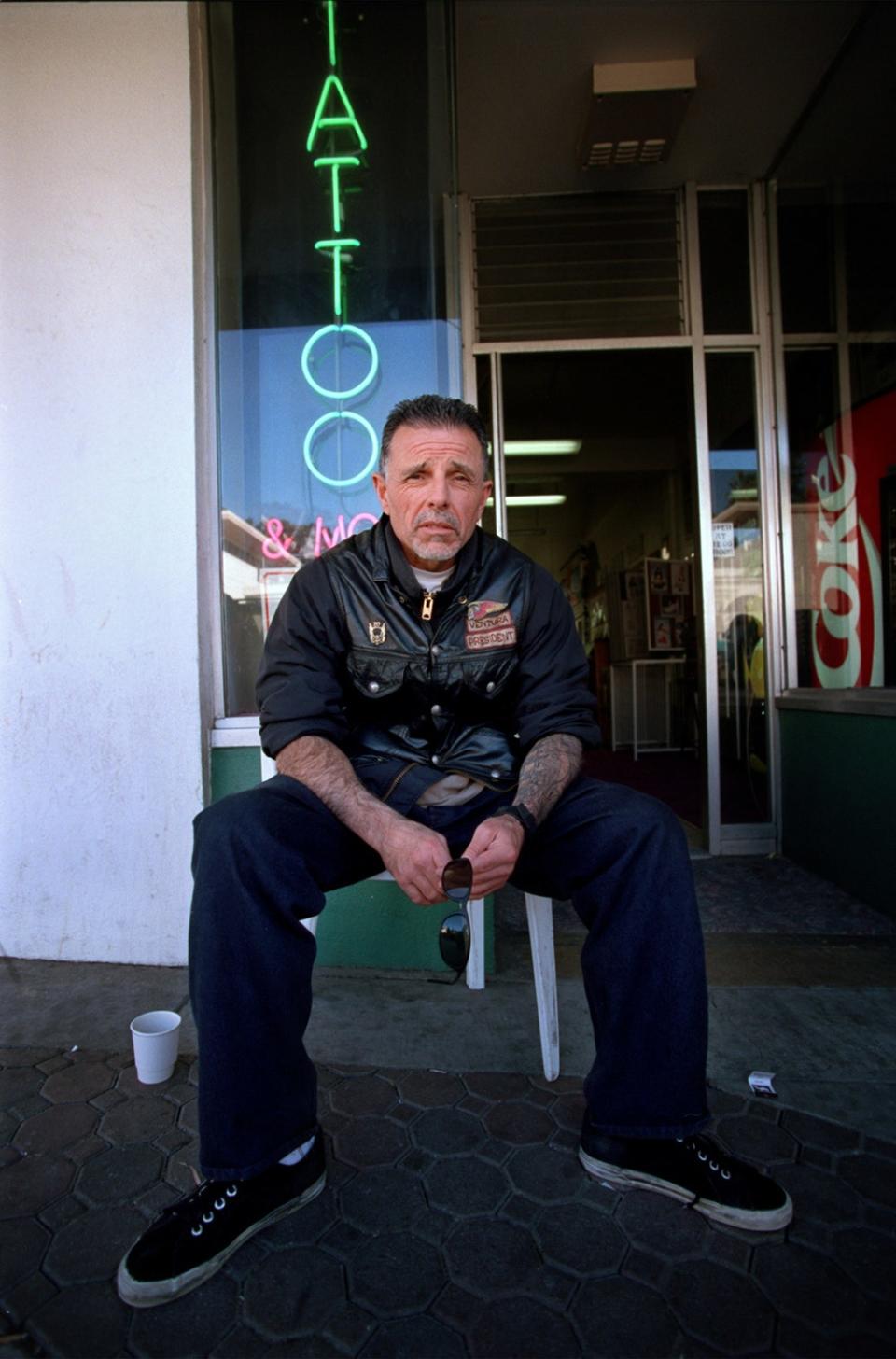

Today, Christie is eager to share his story in hopes of debunking “mistruths” about the Hells Angels. He has written books about his journey and currently has a podcast, “Speak of the Devil.”
“I don’t want somebody 100 years from now speculating on what my lifestyle was about,” he explained. “I want to get it on the record now while I’m alive. If anybody wants to challenge me, I’m ready to debate them.”
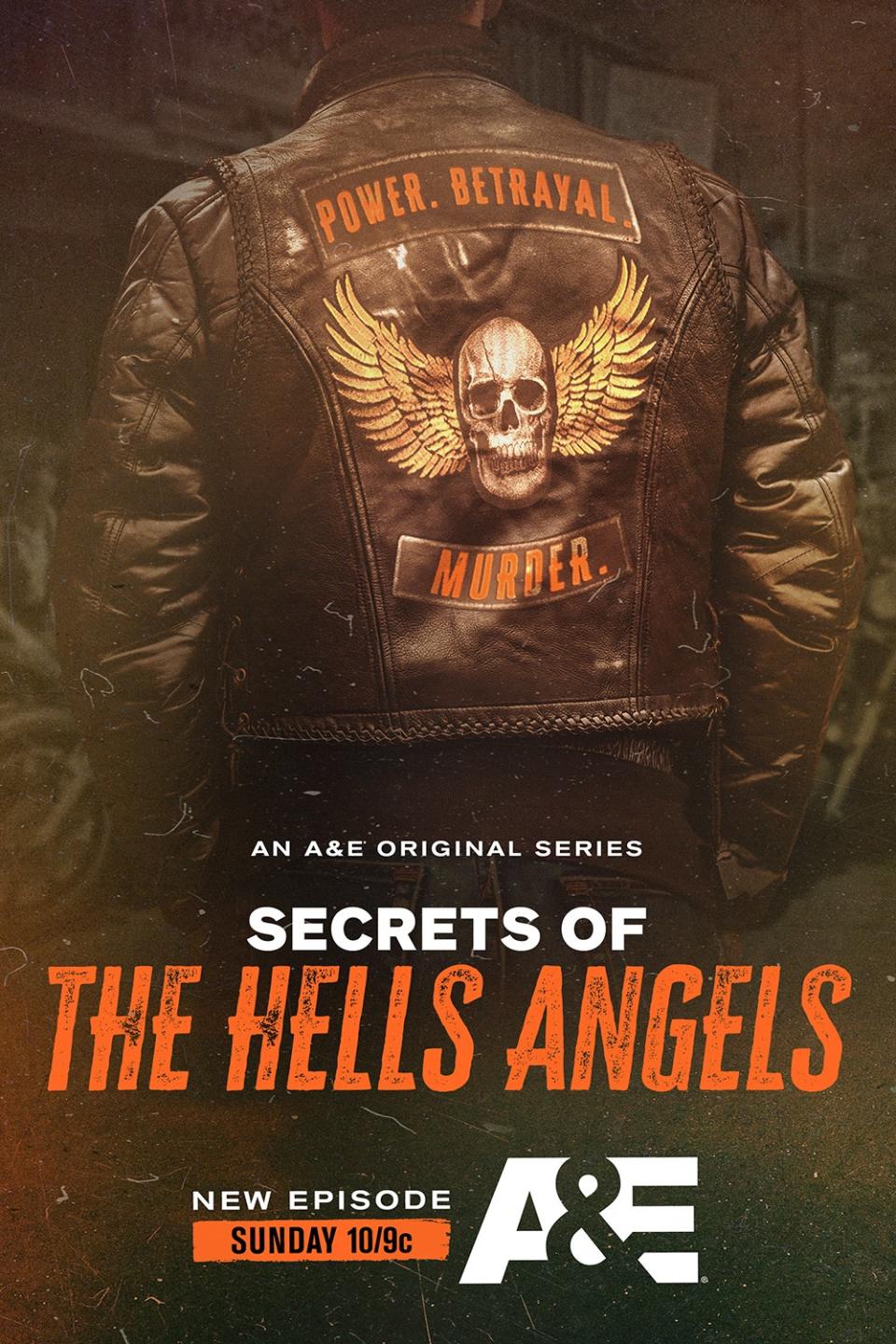

“I’m not trying to glorify my life, but I’m not going to apologize for it either,” he added.
Original article source: Former Hells Angels leader reveals why he left outlaw biker club: ‘I don’t miss going to prison’
Source Agencies

